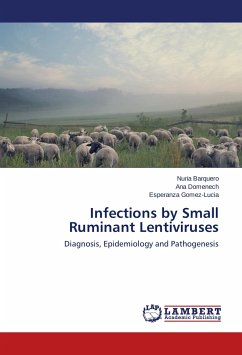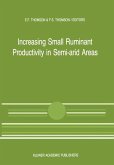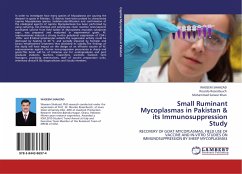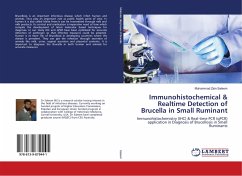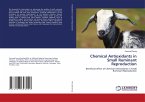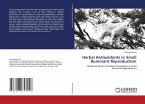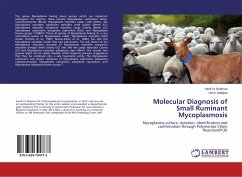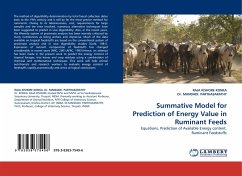Small ruminant lentiviruses (SRLV) affect sheep and goats. Though in many cases clinical signs are hardly noticeable, infections in both species may produce economic losses due to an insidious drop in milk production, weight loss or decrease in progeny. Diagnosis is problematic because there is no 'gold standard' diagnostic test and the inconvenience in obtaining blood samples. This book supplies evidence that milk is an adequate sample for diagnosis instead of blood, especially for serology, and that a serological method, such as ELISA, should be used in combination with a molecular biology method, such as PCR, for a more accurate diagnosis. This may be related to the different role played by SRLV-specific antibodies in sheep and goats. The book also describes the results of one of the first studies using milk instead of blood to estimate seroprevalence of SRLV in the central region of Spain, as well as the most recent prevalence study in this area, the risk factors which may affect SRLV infection, and to what degree productivity may be affected. All these data should aid farmers, laboratory diagnosis and researchers in controlling SRLV infections.
Bitte wählen Sie Ihr Anliegen aus.
Rechnungen
Retourenschein anfordern
Bestellstatus
Storno

